no. 85: a huge giveaway plus 17 good stories

Somehow, we blinked and January is almost over.
But it's ending with a bang: I'm teaming up with CLIP to have my first major giveaway!! This is in conjunction with my first in-person meetup which took place Thursday night and was a blast. Hope you were there and can make the next one! It's so rewarding getting to meet you fellow optimists face-to-face.
As a reminder, CLIP is the inventor of the portable & rechargeable battery attachment that turns any bike into an e-bike in 5 seconds. As a thanks to all of you for being a part of this community focused on hope & taking impactful action, we're giving away a CLIP Explorer ($599) completely for free!
While this doesn't even begin to thank you all for being here with me, it's a pretty decent start ;)
This giveaway is taking place on social media, both on Instagram and TikTok, and all you have to do is follow both myself and CLIP, share the video, and tag someone you love in the comments (hint: there's no entry limit, so tag a bunch of people for a better chance of winning).
I can't link to the actual videos yet because I'm sending this before they're posted, but head to my page, and the giveaway will be posted on 1/26 at about 10:00 am ET. I wanted to let you all know early!
The winner will be randomly selected from all comments on February 15 and announced on February 16. Rules and more info are in the caption on both platforms.
Good luck! I'm rooting for ya.
The good from Monday, January 22

Bees in New York are being saved thanks to the Birds and Bees Protection Act which bans “neonics”, a type of harmful pesticide, which means I can keep making my favorite homemade hot honey. (Environment America)
New analysis by Rocky Mountain Institute argues the cost of fully transitioning to clean energy is trillions of dollars lower than common estimates and the world has the funds to do it. (Inside Climate News)
This stunning species of antelope was literally extinct in the wild and kept alive only in human care but recovered to a self-sustaining population with 510 born in the wild so far thanks to great work from conservation partners. (ZSL)
The Siekopai community in Ecuador won the rights to their ancestral land in a legal battle that marks the first time an Indigenous group has received title to lands within a protected area. (Mongabay)
The good from Tuesday, January 23
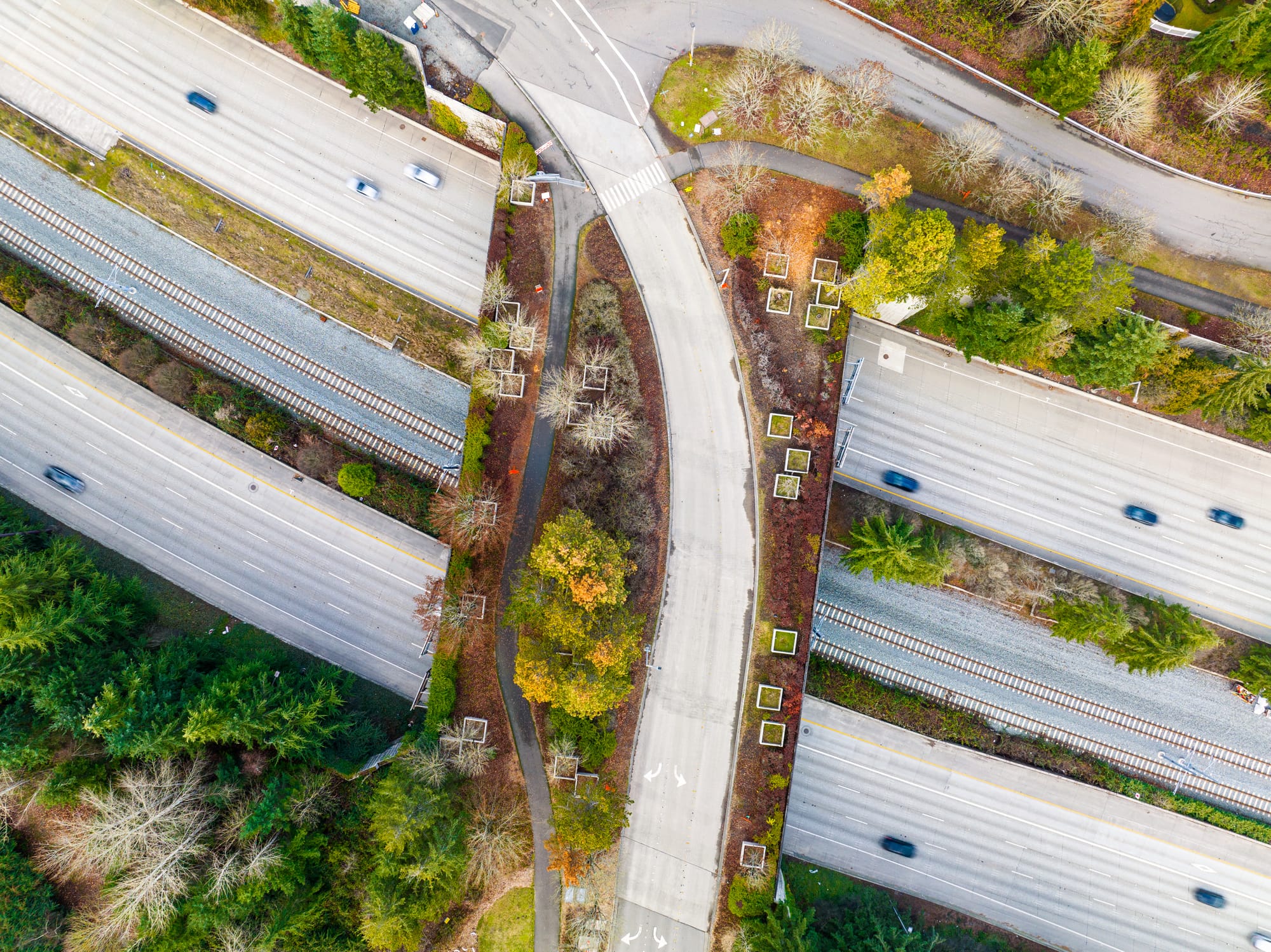
A single deep dive today!
Animals don’t understand how roads and cars work, so to get from one side to the other, they just book it across. This tragically leads to over a million wildlife collisions each year resulting in thousands of injuries and deaths to people in the US...
Until now. Because the Department of Transportation is granting $110 million to build wildlife corridors, or “green bridges” across 17 states and four Indian tribes.
These crossings act as animal bridges, allowing them to safely get to the other side while saving human lives too. And as bizarre as the concept might look at first glance, they really do work...
Previous projects have protected toads in Yosemite with under-crossings, saved snakes and lemmings in North Carolina with tunnels, and a highway overpass in Nevada has reduced collisions by 80%.
It’s a win for everyone as studies show that this is one of the most cost-effective solutions to protect animal and human lives and save up to $8 billion in damages.
And these recently announced projects will specifically protect the Florida Panther, sea turtles, and red wolves!
Have you ever seen one of these wildlife corridors before?
The good from Wednesday, January 24

An ancient civilization was just discovered in the Amazon which was home to tens of thousands of people living with roads and homes and ceremonial platforms... which begs the question, what else is out there on our planet that we haven’t discovered yet? (BBC)
Following large losses over the past 100 years, African savannah elephant populations have now stabilized in protected areas thanks to conservation efforts that combat poaching and droughts. (The Guardian)
Palau has become the first nation to ratify the UN High Seas Treaty that will protect 30% of the world’s oceans by 2030, and Chile just voted to ratify it too, hopefully sparking many more countries to follow right away. (Euronews)
A new study found the presence of sea otters was the strongest predictor of kelp forest health off the California coast over the past century, by controlling sea urchin populations and balancing the coastal ecosystem. (Ecowatch).
The good from Thursday, January 25

All the plastic bags saved last year could wrap around the entire planet 42 times, thanks to bans in just 3 US states and 2 cities. So imagine what more national or even a worldwide ban could achieve… (Ecowatch)
The world’s first magma observatory is set to come to Iceland to monitor and better understand volcanic activity and potentially generate huge amounts of geothermal energy. (GNN)
Four new emperor penguin colonies have been discovered in Antarctica thanks to satellites, which brings their total numbers up to an estimated 550,000 birds with 66 nesting sites. (BBC)
Several solar sites have planted native wildflowers and grasses which over 5 years tripled insect populations and became home to 20 times more native bees, proving these “agrivoltaic” systems can help biodiversity and clean energy at the same time. (Ecowatch)
Bonus stories

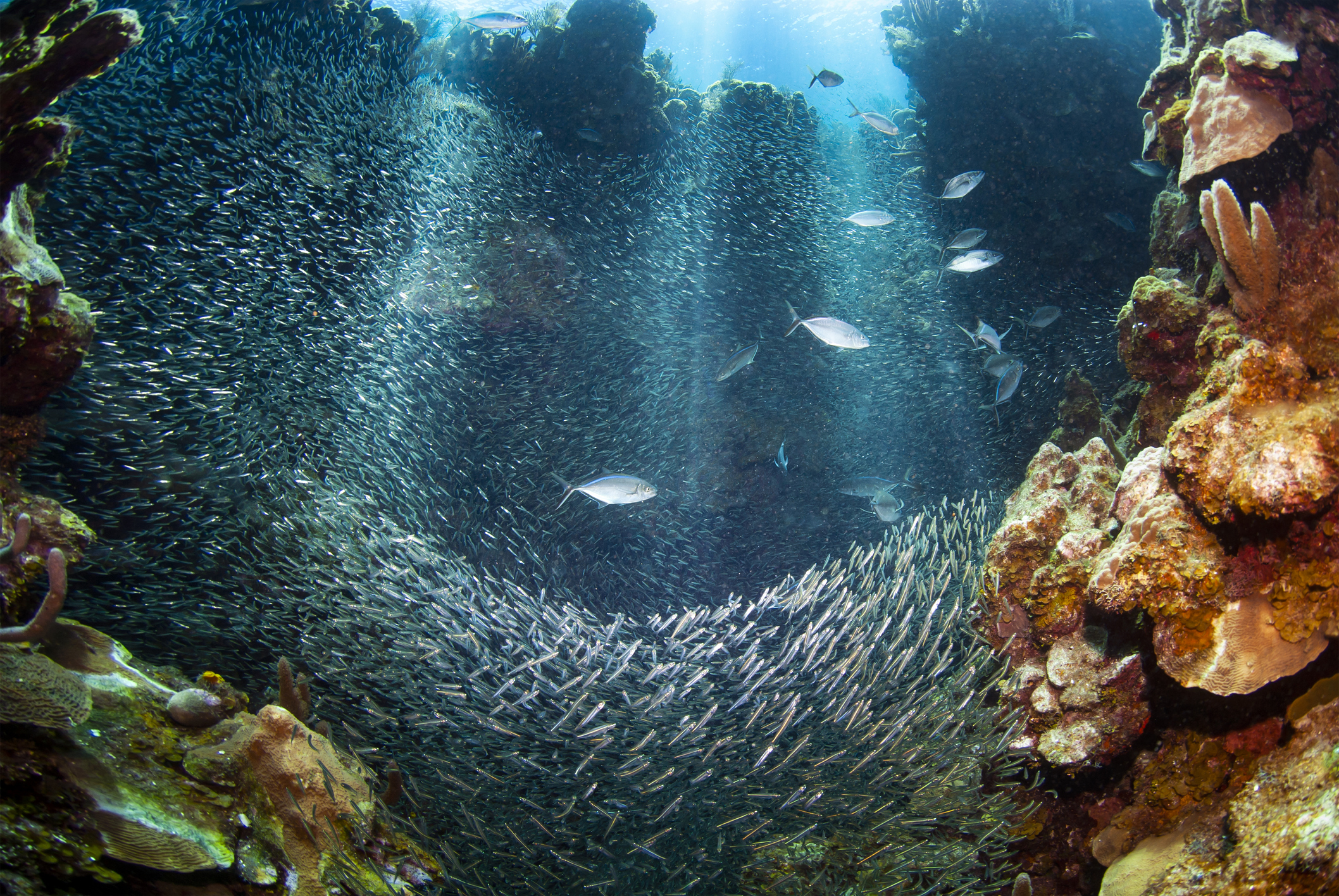
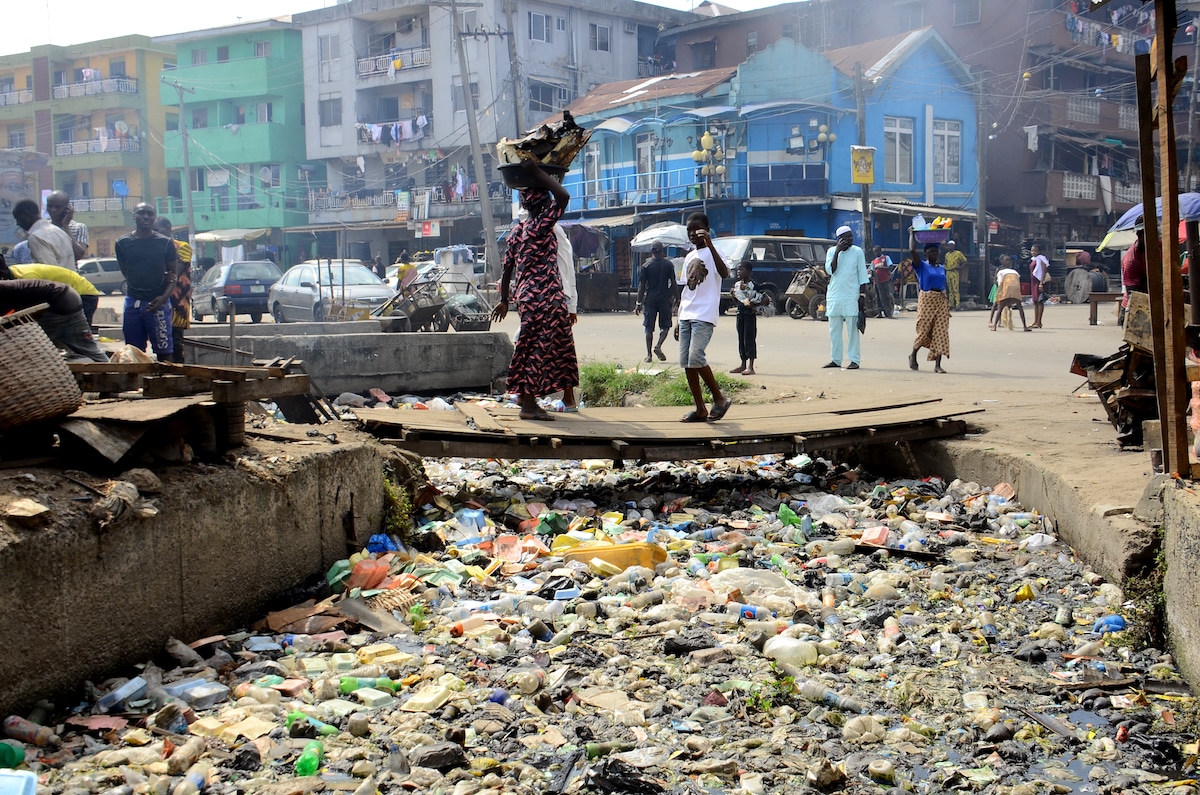

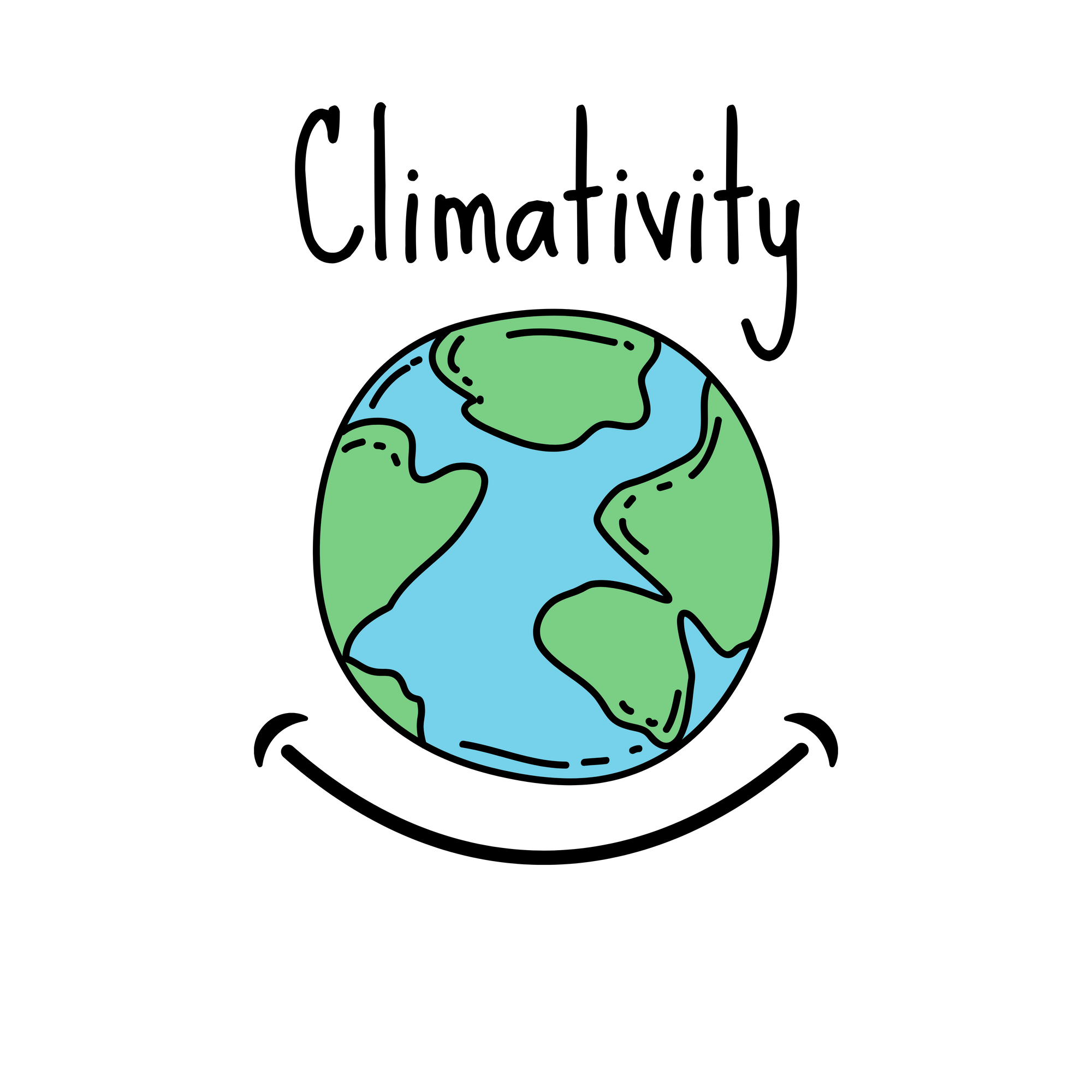
Spread this breath of fresh air🪴
By supporting Climativity, you're helping these good stories reach more people around the world.
Support good news & independent publishingSee you again soon,
Jacob
P.S. some important info:
- *: I get a commission from these links at no additional expense to you (usually, you'll get a discount!).
- I write and publish this newsletter using Ghost, and I truly love the platform. If you want to start your own newsletter, consider Ghost* (and let me know – I'll be your first subscriber!)
- This is an independent publication that relies on reader feedback to continuously improve. Never hesitate to reach out with comments or questions.
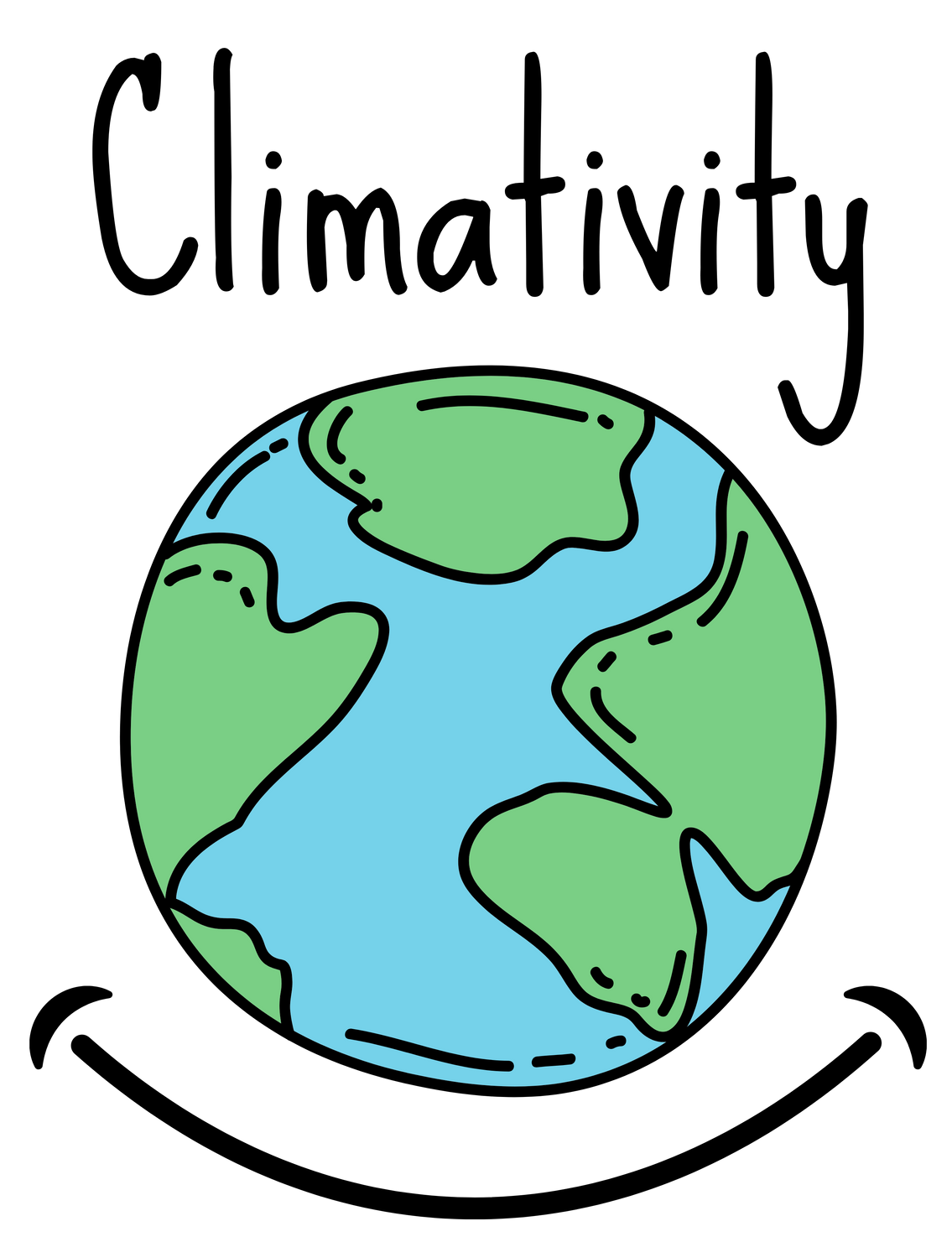








Member discussion